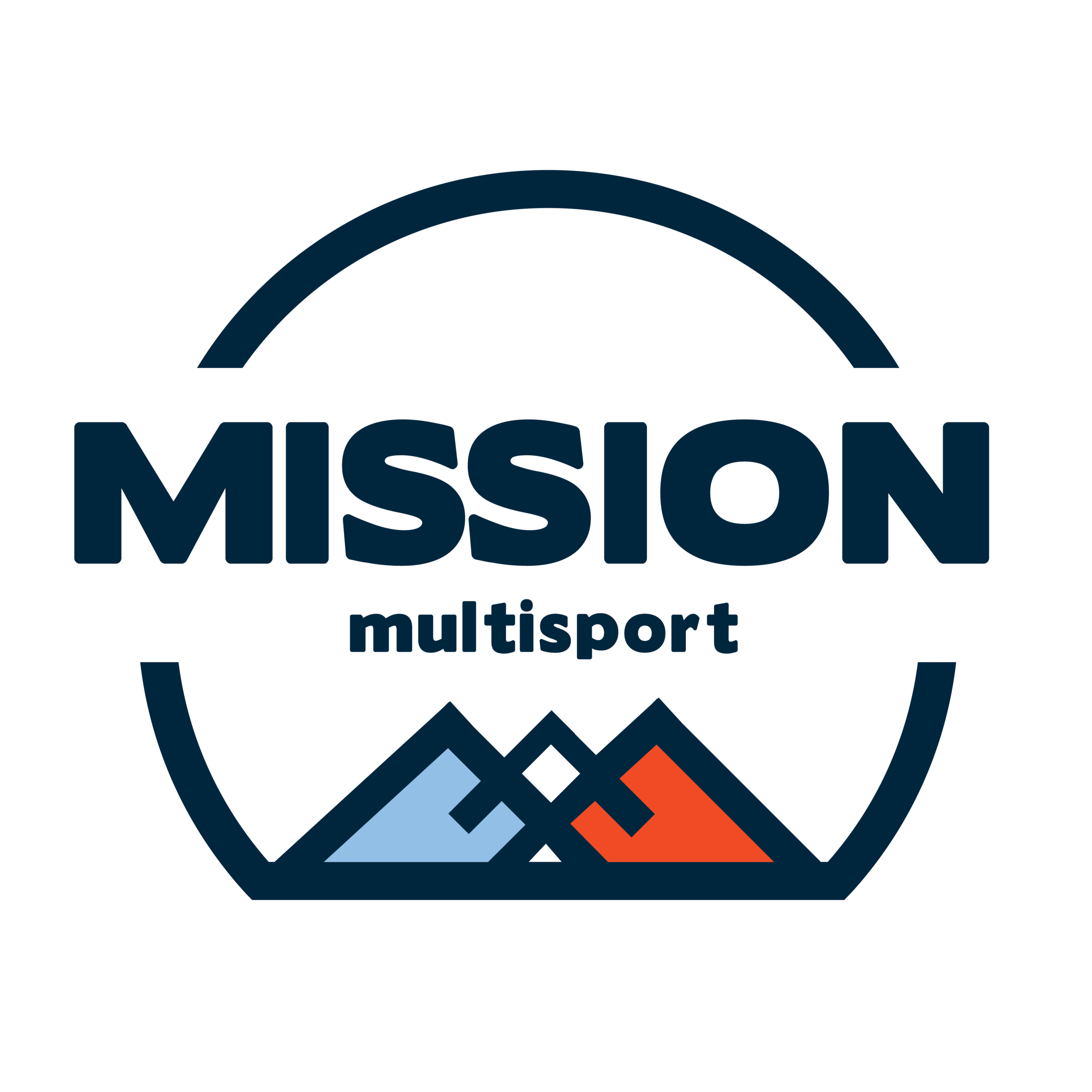Finding the right coach for you-The coach/athlete relationship
You did it! You made the commitment to see yourself succeed in this sport and you decided to hire a coach! Now it’s time to find a coach that will benefit you the most based on your athletic background, personality, mentality and more! Here are some things to consider to help you find the right coach for you.
Your budget. Honestly I didn’t want to put this into this blog post but this is real life and the first thing that almost all of us consider before purchasing anything is our budget. Coaching can get outrageously expensive...I mean $500-$1,000+ per month expensive for the “top” coaches in the country. At Mission Multisport we pride ourselves in helping every one of our athletes the best way we can regardless of their budget. Yes, 1 on 1 coaching, swim analysis, FTP analysis, etc, are more expensive but they are also extremely beneficial to the athlete and take a considerable amount of time. At Mission Multisport we created 3 different levels of coaching along with “add-on” services to meet the needs of everyone’s individual budget.
What motivates you? Are you the type of person that wakes up daily at 5am, organized and ready to tackle the world or do you need a little extra push to get moving and make things happen? Both answers are okay and you could be a mix of both. Some people also prefer to be given a plan and will be willing to work mostly independently, while others enjoy a managerial approach with lots of check ins. If you’re intrinsically motivated you might need a coach/athlete relationship with a more “hands off” style - someone who will always be there for you when you need them but gives you a little space and allows you to get the work done. This coach will likely need to reel you in to make sure you don’t overtrain and are getting the proper amount of rest and recovery. Conversely you might be the type of person that needs a coach to be more “hands on” and give you some extra motivation and support. This coach/athlete relationship will rely heavily on communication and your coach will tailor a more flexible training plan to best meet the needs of the athlete. In the same way that some individuals are easier to get along with in a work setting, some coaches will be a better fit and bring out the best in you - finding that fit is important not only to your athletic success but your enjoyment of the sport as well.
Your goals. Your specific goals are a factor in finding the right coach. If you want to qualify for Ironman World Championships you would want a coach who has experience racing and coaching athletes in long course races at a high level. If your goals are aligned with things like a healthy lifestyle, enjoyment, being a member of a community, etc, a coach who prioritizes the team aspect of the sport and training may benefit you. Remember this is a complex sport with a laundry list of variables on race day, no coaching certification (while still valuable) can beat racing/coaching experience or the dynamic between the coach and athlete.
Your strengths and weakness.If you come from a swimming background but are a weaker cyclist/runner, you may want a coach who relies on data driven training on the bike. If you’re like most triathletes, you do not come from a swimming background and the swim could be your limiter. The right coach will balance your strengths/weaknesses and give you the confidence in the water through the proper training and can even incorporate group training sessions. Finding a coach who you are comfortable expressing your concerns to and who can customize a plan around those concerns is critical.
What’s your training style? Are you data driven or do you train by feel? You might be the person who tracks their training/fitness using data (HR, FTP, threshold pace, etc) and uses it to (obsessively) track your improvement. Maybe you're a person who would prefer to train on feel and you know when your body is responding to training specific stress. Some athletes enjoy taking days off and long breaks in the off-season and others become more determined and want to push all year round. There are no wrong training styles as long you find the right coach whose methods align with your specific style.
In conclusion, all relationships including the coach/athlete relationships take a large amount of communication in order to grow and be productive. Having a coach you feel comfortable being with and can trust will make all the difference in your training and races. The coach/athlete relationship needs honest effort from both parties in order to maximize its effectiveness in helping you achieve your goals.
Click HERE to see what our athletes have to say about being coached by Mission Multisport!
-Ben Rotherham
Head Coach, MIssion Multisport
